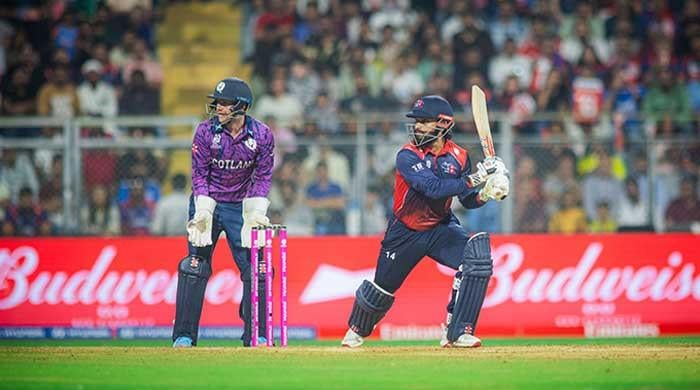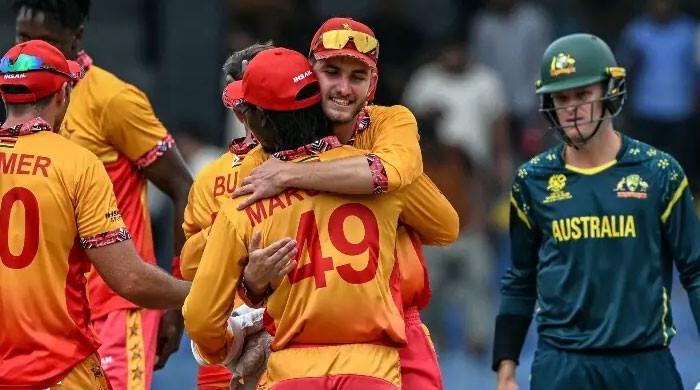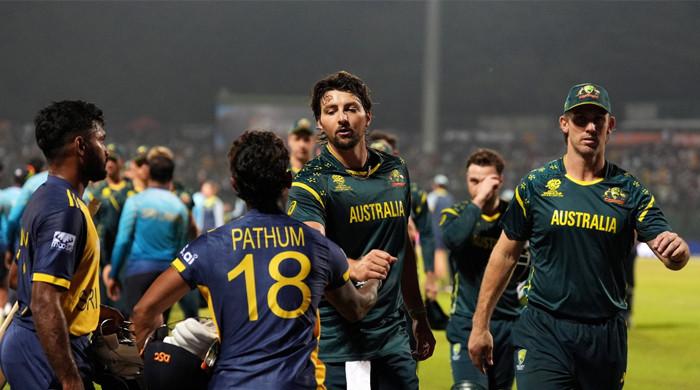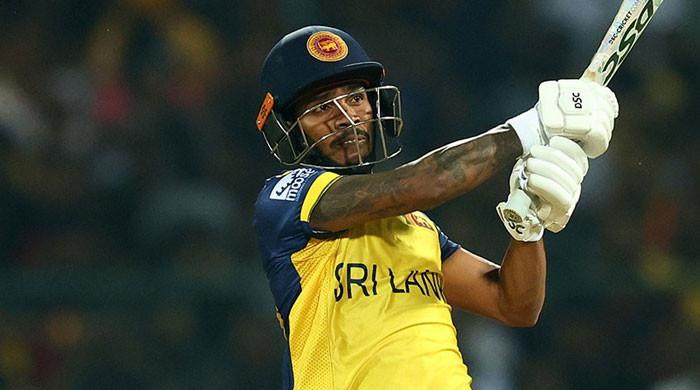Pak vs SA: Restrict Proteas lead within 150, says Iqbal Qasim on day 4 of Test match
No reason why Pakistan cannot win, but one good partnership can tilt balance in favour of South Africa, says former chief selector
January 29, 2021
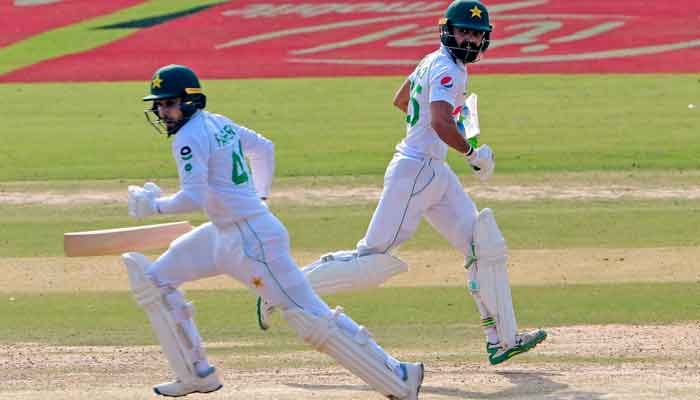
- Former Test cricketer Iqbal Qasim advises Pakistan team on how to go about third day of first Test match against South Africa
- Anything over 150 will be tough to chase, says former chief selector
- South Africa were 187-4 at the close of the third day of the first Test against Pakistan
KARACHI: Pakistan should restrict the Proteas lead within 150, says former Test cricketer Iqbal Qasim as Pakistan enters the fourth day of its first Test match against South Africa at the National Stadium in Karachi.
Qasim says anything above 150 will be difficult for Pakistan to chase.
The former left-arm spinner said a dramatic comeback in the last hour of day three had put Pakistan in the driving seat.
He said South Africa bounced back remarkably as Rassie van der Dussen (64) and Aiden Markarm (74) forged a fighting partnership of 127 for the second wicket.
Read more: Former chief selector Iqbal Qasim gives tips for day 3 of first Test against South Africa
He applauded Yasir Shah for turning the game around with the wickets of Rassie and Faf du Plessis. He said that Pakistan should try to remove the remaining six wickets as quickly as possible.
The former chief selector believes there is no reason why Pakistan cannot win the match. One good partnership, however, he says can tilt the balance in South Africa’s favour.
“So Pakistani bowlers and fielders should try to maintain pressure by bowling tight lines and setting aggressive fielding,” he said.
Read former chief selector Iqbal Qasim's advice to Pakistan on day 2
He observed that Yasir’s bowling would be crucial. “It depends on him to remove de Kock as early as possible,” he added.
Qasim said that both spinners should operate in tandem and with attacking field.




